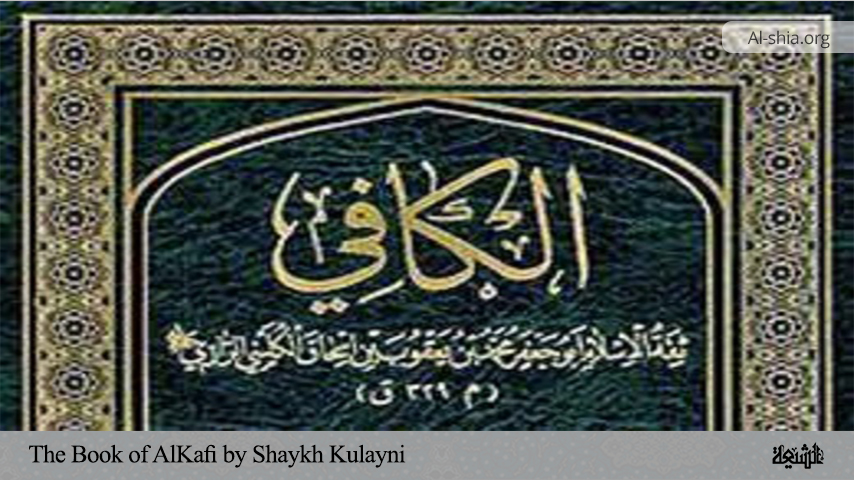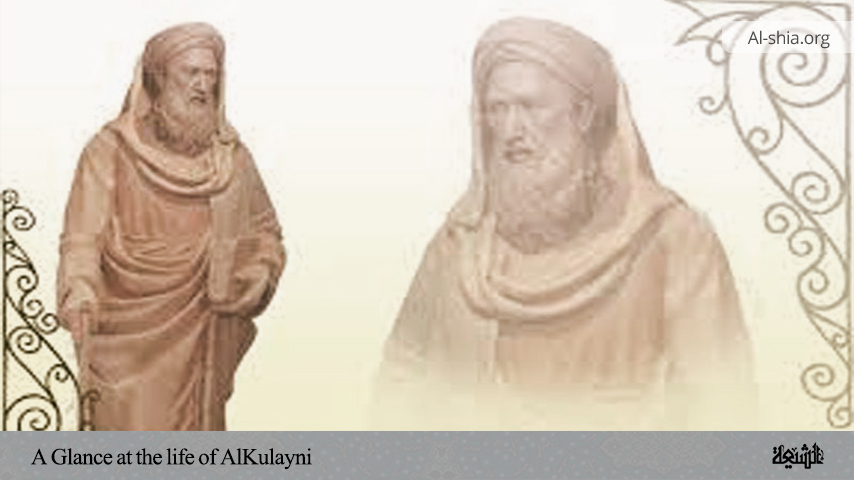Besides the spiritual benefits of the Ramadan fast, there are also numerous social and moral benefits attributed to fasting, particularly during the month of Ramadan. In this article, we shall mention a few of the moral and social benefits of the Ramadan fast.
From its technical definition, fasting is not only about the renunciation of foods and drinks during the daytime for a specified period; rather, it is also about total abstinence from every vice and ill manner. That is to say, fast observers -apart from abstaining from foods, drinks, and other fast invalidators- must as a matter of necessity abstain from forbidden acts such as backbiting, lying, hypocrisy, conceit, oppression and usurpation throughout the month as well. Otherwise, the fasting will be nothing except ordinary hunger and thirst. Imam Sadiq (PBUH) was quoted to have said: “When you fast, let your ears, eyes, hair, skin and other organs also fast.”
In the first instance, it was documented that a man wrote a letter to Imam Askari (PBUH) asking him thus: “For what reason did Allah make fasting compulsory?” The Imam (PBUH) wrote in reply: “Allah has made fasting compulsory so that the rich shall find the pain of hunger so they have a mercy upon the poor.” (Bihar al-Anwar Vol. 96, p.339.)
Similarly, it is also narrated from Imam al-Sadiq (PBUH) in a well-known tradition that Hisham ibn Hakam asked him about the reason for the divine legislation of this ordinance when he (PBUH) said: “Allah has enjoined fasting in order to settle equivalence between the rich and the poor, and this is for the sake that the rich feel the taste of hunger and, consequently, be merciful toward the poor (by giving them their rights). And, since the things are usually available for the rich, then Allah, the Exalted, is pleased when equivalence is erected between His servants. So, He, thereby, has ordained that the rich feel the taste of hunger and pain so that they feel sympathy for the weak and be merciful toward the hungry.” (Bihar al-Anwar Vol. 96, p.252.)
It is obvious from these hadiths that fasting teaches the rich, who eat good, nutritious food and never suffer from hunger, what hunger is. When they remain hungry and thirsty for just a period, they begin to feel and perceive the pain of hunger the poor members of society experienced on daily basis and hence they feel empathy for them. Consequently, the rich then desire to help the poor and needy, as fasting makes it possible for them to empathize with the poor and to see the hard and challenging conditions they live in. On the other hand, due to the kindness and generosity of the rich, the poor are less likely to feel envy and hatred toward those who are better off.
Thus, a change of attitude on both sides can occur. The enmity between both social strata can be brought to an end in this way with peace and security prevailing in society. It is pertinent to mention that the idea of restoring social justice, security, and peace in society is quite a difficult task but it can be achieved by implementing the pristine teachings of Islam.
It is possible of course, that explaining the status of the hungry and the deprived to the rich, will make them understand that status, but if this condition becomes perceptible and objective, it will react more effectively. Fasting gives this great social subject a perceptible form to those who observe it. Every intelligent person realizes that fasting works as a lesson of equality among the members of society. Of course, by practising this religious command, the rich realize perceptibly both the state of the hungry and the deprived of their society, and, saving in their daily meals, can help them well. Verily, if the populations of rich countries throughout the world customarily fast a few days a year and feel the taste of hunger, will there still remain so many hungry people in the world as we have it right now?
Family is an important institution of society. One of the highly recommended acts in the month of Ramadan is fostering the kinship relationship and avoiding its collapse. The Messenger of Allah (PBUHH) in the sermon of Sha’baniya, said: “Whoever fosters his kinship bond in this month, Allah will connect him with His mercy on the day he will meet Him. Whoever breaks the kinship bond in this month, Allah will cut him off of His mercy on the day He will meet Him.”
It is therefore recommended that the family bond should be preserved, particularly in the holy month of Ramadan. Every act that will strengthen this sacred bond should be practised while actions that will weaken or destroy it should be completely avoided. In view of this, it has become a usual practice in the holy month of Ramadan for the family members to sit together at the table and wait for one another for the Iftar (sunset meal). In addition, during the month of Ramadan, family members, relatives, friends, neighbours and even strangers are invited to Iftar. This act strengthens the family or brotherhood bond among the members of society.
Another social benefit of fasting, particularly in the holy month of Ramadan is the development of human dignity. The fast observers who can abstain from food, drink and their lawful partners during the stipulated time in the month of Ramadan would have a kind of control over their bodies and souls. That is to say, such people who have persevered against hardships can face and overcome every difficulty that may come on their way in life. Consequently, hunger and thirst cease to be great threats to such people and they would be able to protect their self-respect and dignity at any cost. Such people will not beg for money or food, even when they are hungry. On the contrary, those who have never fasted as expected and thus immunized their body against hunger will most probably abase themselves and begin to beg for food in order to satisfy their hunger.
Fasting particularly in the month of Ramadan leads to a positive change in the attitudes of the believers towards each other. The sense of empathy it invokes helps the faster understand other people better and makes it easier for them to make friends and socialize. Besides, the regular activities and acts of worship in the month of Ramadan such as fasting during the same month, beginning and breaking of fast at the same time, congregational prayers observed in the mosque and Eid celebration (Eid al-Fitr) at the end of Ramadan foster the bond of brotherhood and affection among the believers and consequently, it strengthens and promotes social ties and unity in the Muslim community.
In one of the Prophetic sayings when he (PBUHH) described the kind of relationship among them, he said: “The similitude of believers regarding mutual love, affection, fellow-feeling is that of one body; when any limb of it aches, the whole body aches, because of sleeplessness and fever.”
One of the objectives of fasting is to bring unruly passions under control. This is because one who can control his desires and make them work as he likes has attained true moral excellence. It is on this basis therefore that it is expected of every fast observer to abstain from every sinful act in the month of Ramadan and thereafter. In other words, the holy month of Ramadan is a special training period for Muslims to have control over those organs given to them by Allah as a trust. Fasting provides a special opportunity to refine and reform the body, to develop qualities of endurance, to control anger, a hot temper and a malicious tongue. In the same way, sins are forbidden and punishable by Allah in the month of Ramadan, it is also forbidden and punishable in other months.
The month of Ramadan is a period for self-discipline. In an attempt to gain proximity to Allah, the fast-observers voluntarily abandon some of their most dear daily activities (such as eating, drinking etc.) during the daytime for a month. Consequently, they will have some level of control over their desires. In light of this, after the expiration of the Ramadan fast, it is expected of every Muslim to try as much as possible to control his eyes, ears, hands, legs, private parts and other parts of his body from engaging in forbidden acts.
In conclusion, the month of Ramadan is a month of blessings and the legislation of fasting provides an opportunity for the fast observer to foster his family and brotherhood bond and feels the pain and agony that the poor person is going through, thereby deciding to help him. The unity of the Muslim society and the development of human dignity are among other social benefits of fasting, particularly in the holy month of Ramadan.






